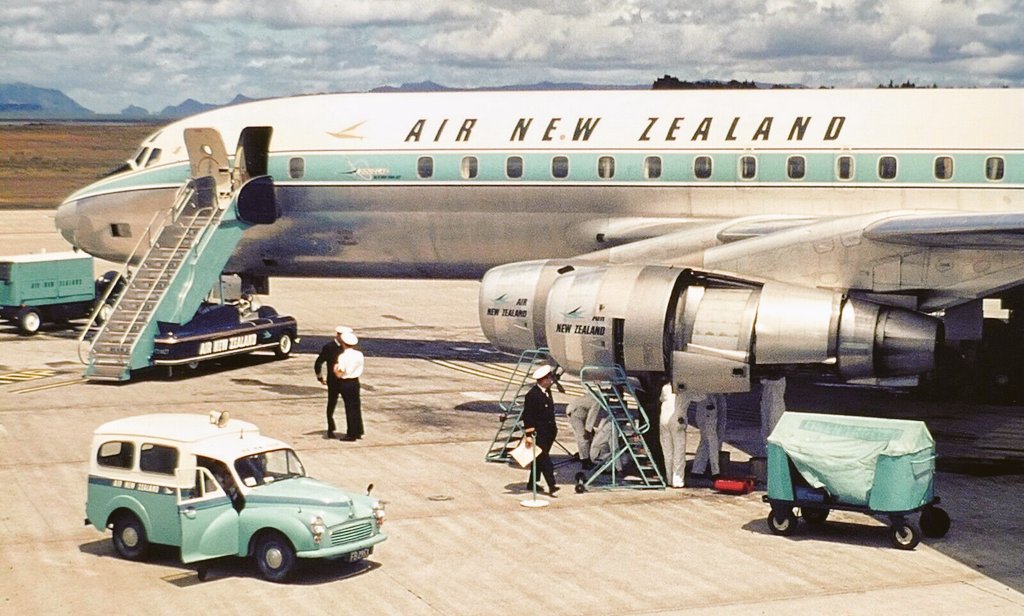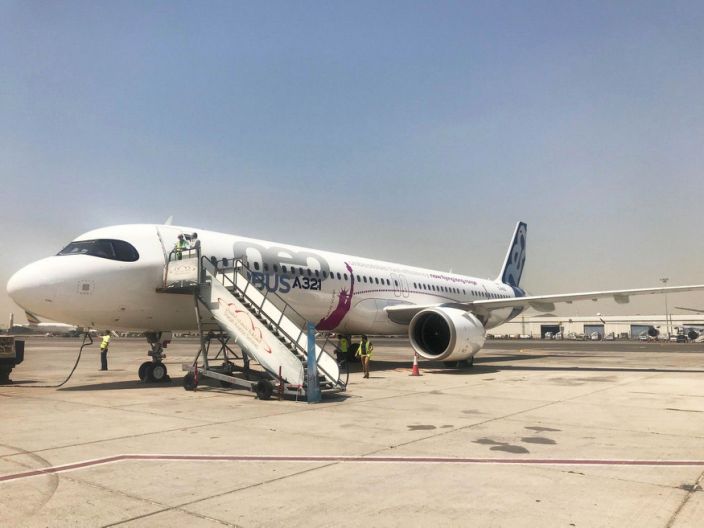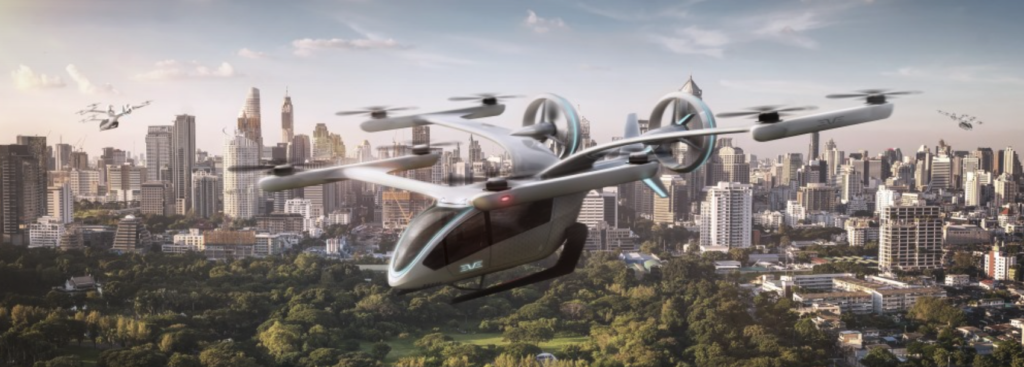United Airlines Works With Archer Aviation to Accelerate Production of Electric Aircraft
CHICAGO, Feb. 10, 2021 /PRNewswire/ -- United Airlines (Nasdaq: UAL) today announced that it has completed an agreement to work with air mobility company Archer as part of the airline's broader effort to invest in emerging technologies that decarbonize…



